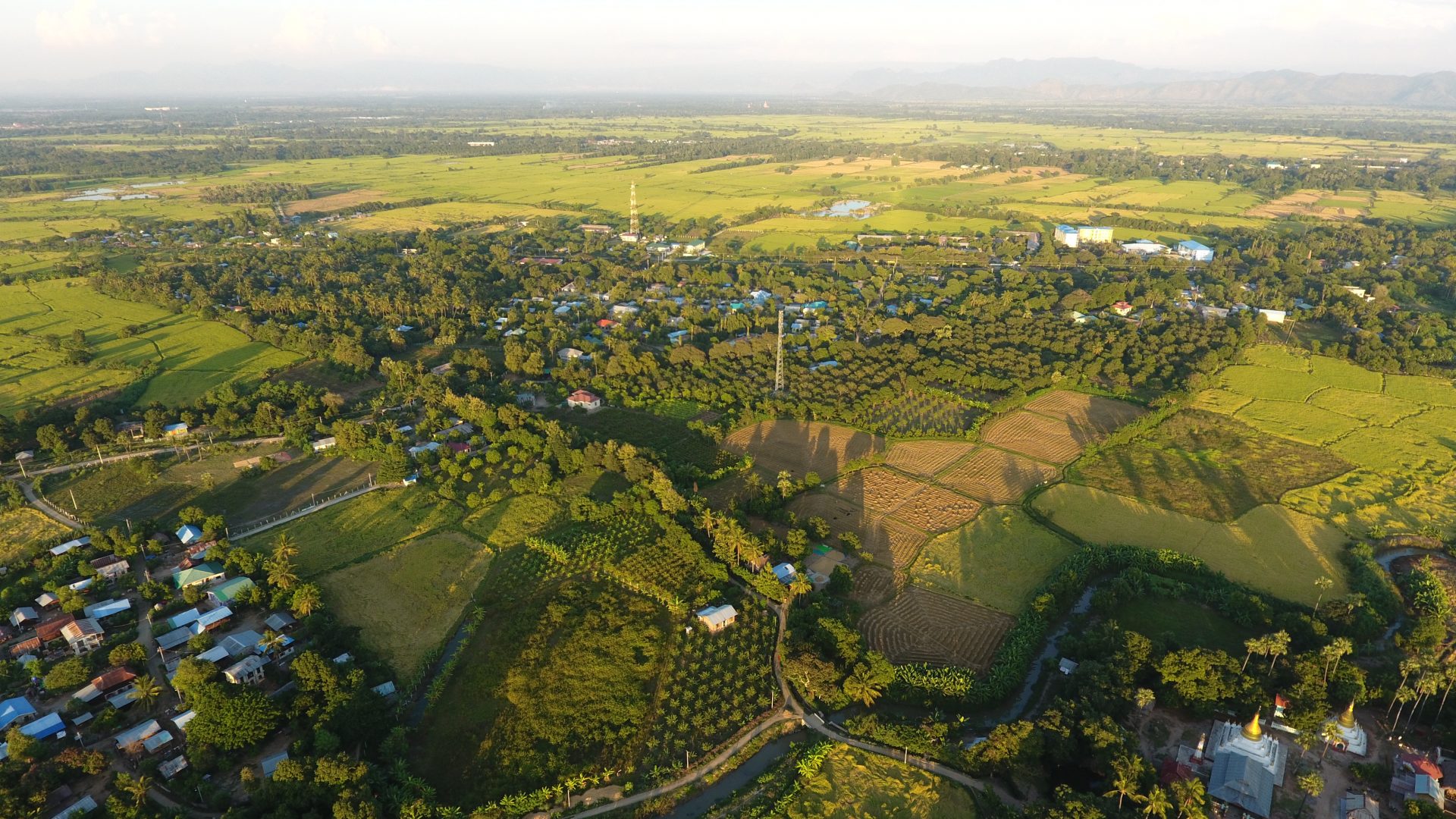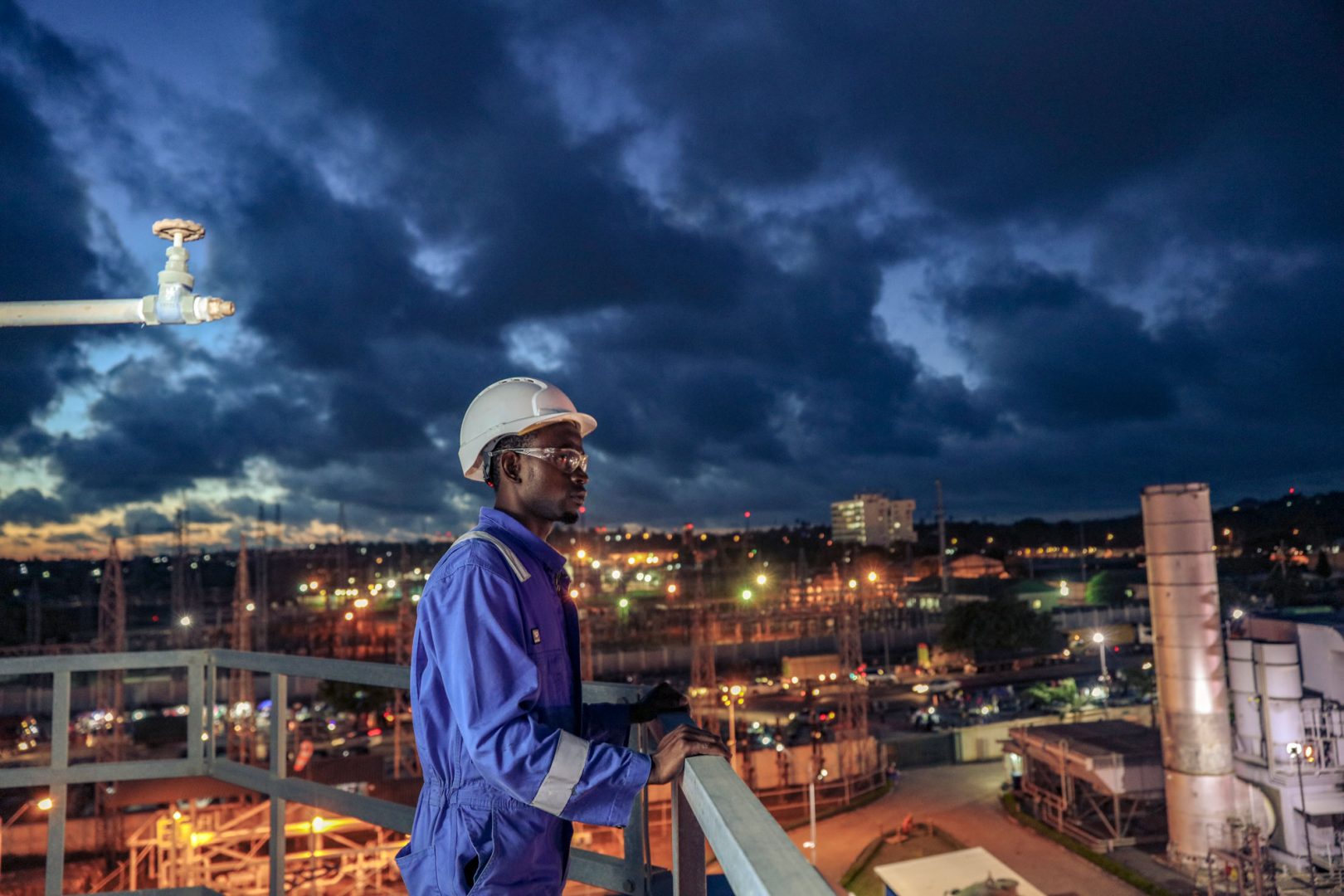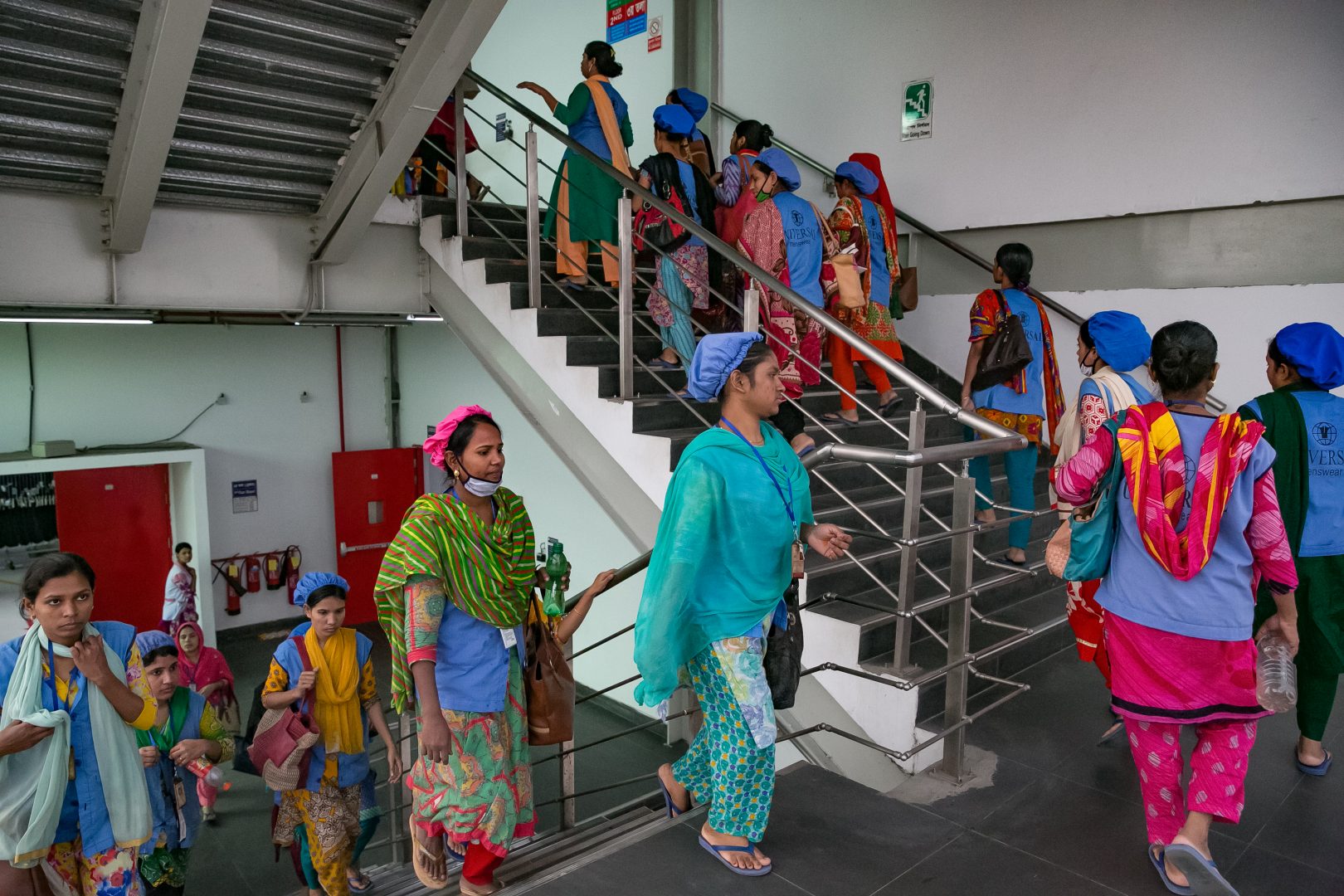Investment will enable CDC to invest in more job creating businesses in Africa and South Asia, like Chai Bora (above), which employs 300 people in rural Tanzania.
We are pleased to welcome the commitment made today by the Secretary of State for International Development Priti Patel to invest up to £703 million a year of new capital in CDC over the next five years, as part of its plan to boost economic development and job creation in poor countries and address the scale of funding necessary to meet the Sustainable Development Goals.
The new funding supports CDC’s new 5-year Strategic Framework, launched in July. Our strategy enables us to invest in new, higher-risk ways to tackle specific market failures that hold back development, and to broaden and better measure our development impact.
In 2012, in partnership with DFID, we agreed a new, highly developmental mandate and began a decade long build-up of investment. We now commit capital on a greater scale than ever to transform economies, businesses and lives in Africa and South Asia. The capital injection from DFID allows us to maintain that increased scale of investment which currently stands at £1.2bn a year. It also means we can meet the growing demand for investment from businesses in poor and fragile states and helps us mobilise additional private sector investment to where it is most needed and has the greatest impact.
Support to CDC is a key element of DFID’s wider Economic Development Strategy which sets out how Britain will increase private sector investment to tackle global poverty. The decision to invest further in CDC was taken after the passing of an Act of Parliament in February which received cross-party support and raised the limit of the level of financial support that can be provided to CDC from £1.5bn – a figure set 18 years ago- to a maximum of £6bn.
This commitment follows the publication of a detailed business case which shows how further investment will continue to achieve value for money and clear development impact. The funding also provides the resources needed to respond to important recommendations made by stakeholders, including focussing on the poorest places, addressing women’s economic empowerment and the challenges of climate change.
Welcoming the Secretary of State’s commitment, our Chairman Graham Wrigley said:
“CDC welcomes the continued support of our shareholder to help us achieve our mission of building businesses and creating jobs in Africa and South Asia. The new funding is part of a long-term commitment by Government that includes an earlier capitalisation in 2015, the introduction of the CDC Act this year and their full support for CDC’s new 5-year strategy. Throughout this time, we’ve welcomed the interest, support and engagement of all stakeholders and we look forward to working with them in the coming years as we work hard to deliver our strategy.”
CDC’s Chief Executive, Nick O’Donohoe added:
“Sustained, job-creating growth is essential to lifting people out of poverty. The clock is ticking and over the next decade a billion more young people will enter the job market, mainly in Asia and Sub-Saharan Africa. This new capital will enable CDC to make hundreds more investments, creating millions of new jobs and changing countless lives.
The extra funding announced today will allow us to provide the long-term capital and expertise that businesses in developing countries need to flourish. And it also allows us to invest in new ways to overcome market failures that hold back development. But our ambition doesn’t stop there. Private sector capital will be crucial to meeting the global challenges put forward by the Sustainable Development Goals and our role will be to mobilise as much of that investment as we can.”
CDC currently uses its expertise and capital to support over 1200 businesses in 74 developing countries. Over the last 3 years (2014-2016) the companies we’ve backed in Africa and South Asia have created over 3 million new direct and indirect jobs, and paid taxes to national governments worth over $9 billion.
The UK has traditionally allocated a smaller percentage of its development budget to investment capital than countries such as the Netherlands, Germany and France. Today’s announcement brings the UK closer to our peers. After an initial build-up period, CDC expects to return to a self-funding state by 2022.
Where we invest: Miro Forestry, Sierra Leone and Ghana
In 2014, we invested in sustainable timber company Miro Forestry, which is helping to increase the supply of timber, while also protecting the endangered indigenous forest it manages. The company has 1,000 employees working across its plantations in Sierra Leone and Ghana, the vast majority of whom live in deprived rural areas, where there are few other opportunities for formal employment. James Fornah (pictured above), a Miro employee, says he’s proud to work for a company making a positive impact:
“Miro and my job are important in so many ways. Sierra Leone has lost most of its natural forest cover due to deforestation which has played a great role in increasing global warming.”
Where we invest: Ananta Apparels, Bangladesh Ananta Apparels is a textile manufacturing business based in Dhaka, Bangladesh. When we first invested in the company in 2011, the firm employed 13,000 people. Since then, Ananta has upgraded its factories and the company now employs more than 18,000 people – of which 64 per cent are women. Rupa (pictured above), is a sewing operator there, when her father fell ill, she needed to earn an income to keep her siblings in school:
“My main aim is to support a growing family. Once they have studied, I’ll decide my future.”






